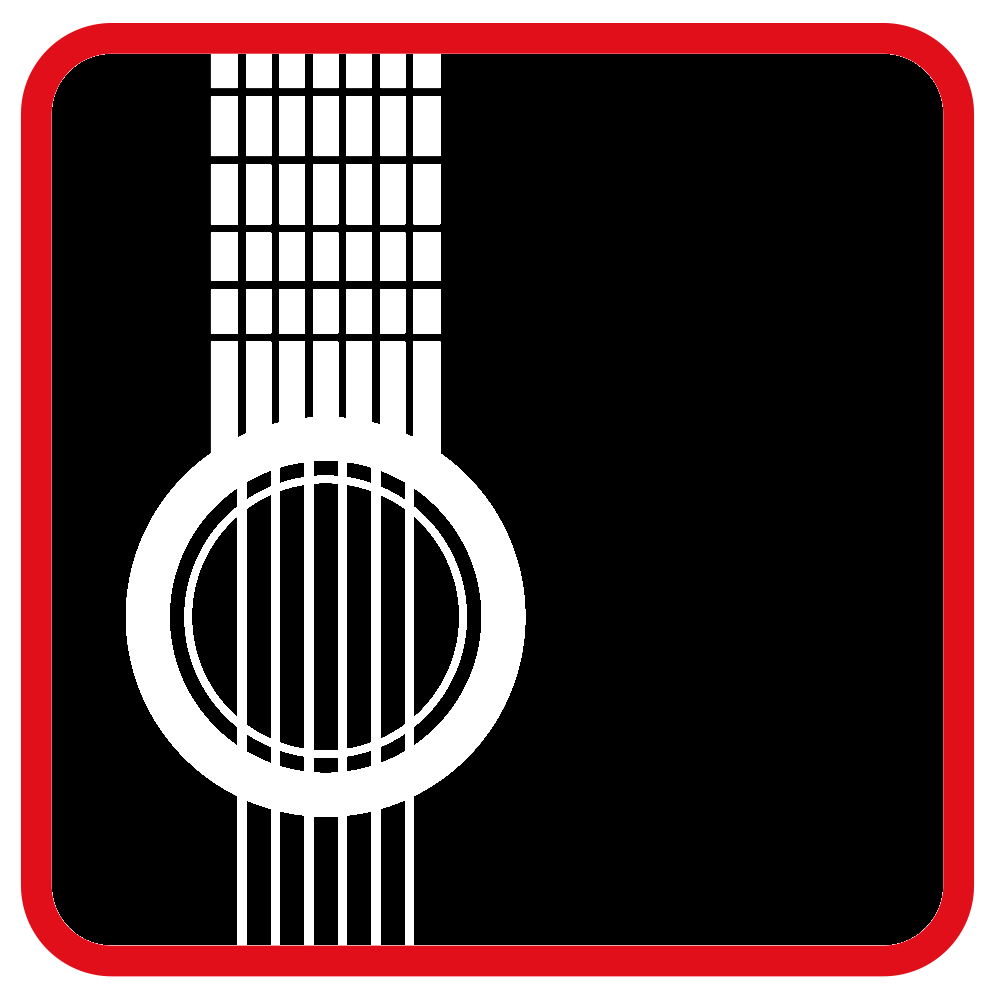
Guitar Mastery: How To Time Your Practice
Tip 14: Take off your watch
We will continue with the idea from the last post about how to time your practice. Basically, do not. Remember, I stated that 5 minutes was all you need, but that is assuming that you are deliberately practicing and focusing for that time. Coyle writes,
“Deep practice is not measured in minutes or hours, but in the number of high-quality reaches and repetitions you make – basically, how many new connections you form in your brain. Instead of counting minutes or hours, count reaches and reps. Instead of saying, “I’m going to practice piano for twenty minutes,” tell yourself, “I’m going to do five intensive reps of that new song.”
The idea is to practice as long as you can stay focused without fatiguing yourself. Deliberate practice takes an immense amount of focus and energy, which is why I recommend starting with 5 minutes to just get in the habit. Once you have the habit, make the switch to a more goal-focused practice as explained above. Do not get discouraged if you try this approach and only find yourself practicing 10 or 20 minutes before feeling like you are done – it is intense work! Going back to the idea of your notebook, your practice sessions should be focused on reaching a point of near perfection of a small chunk of music that you are struggling with. By taking the time to break down the parts you are having trouble with and drilling those sections in various ways (slowing it way down, playing with the rhythm, singing the different parts, developing an exercise with the material, etc.) you will be focused on the details and not the time you are spending. As Anders Ericcson, one of the original authors of the studies about deliberate practice, writes in his book, Peak, summarizing the field,
“Shorter training sessions with clearer goals are the best way to develop new skills faster. It is better to train at 100 percent effort for less time than at 70 percent effort for a longer period.”
Tip 6: Choose Spartan Over Luxurious
For this tip, Coyle makes the argument that getting too comfortable in your physical space for practicing can be detrimental to the practice itself, specifically your mindset. He writes, “It signals our unconscious minds to give less effort. It whispers, “Relax, you’ve made it. Simple, humble spaces help focus attention on the deep-practice task at hand: reaching and repeating and struggling.” Maybe it also means to not allow yourself to get comfortable with your current level? Choose, instead, to always push…always play or strive for something just out of your reach. Practice something new and different or from a different angle to always challenge yourself and never be comfortable with the thought that you have somehow “made it.” We always want to be careful not too get too comfortable with our current level. Again, I will quote from Anders Ericcson,
“The usual approach: We start off with a general idea of what we want to do, get some instruction from a teacher or a coach or a book or a website, practice until we reach an acceptable level, and then let it become automatic. Once you have reached this satisfactory skill level and automated your performance, you have stopped improving.”
Tip 20: Practice Alone
Coyle does not elaborate on this tip in the book, which is reasonable because it is a book of action and not explanation. So, why practice alone and not with a group? The obvious answer is that while alone you can focus and concentrate on the elements that you control in your performance. Being alone allows you to dig into the details of your actions and gives your attention solely to your performance. This begs the question, “What if I am part of a band? Shouldn’t we practice together as a band?” That answer is, of course, yes your should also practice together if you are part of a group. However, when practicing as a group you are focused on different aspects of the performance than your playing. All members of the group should practice their individual parts alone in order to iron out any wrinkles in the performance. Then, when you practice as a group, you should focus on playing together, giving more musical direction and the overall group dynamics – aspects you cannot practice alone.
Call To Action:Take a look at your practice space, if you already have one, or work on setting up a specific practice space. Unclutter your space and make sure to keep all distractions away. Keep your notebook with a pen or pencil handy and a recording device. If you are in the middle of practicing and an outside idea hits you (“I forgot to pay that bill!” or “I wonder when that party was?” etc.) just jot it down to get it out and not worry about and get back to the task at hand…practicing! The more you can set up your area for success, the better chance you have at staying focused and continuing on your way to guitar mastery.
Have any tips or tricks that help you practice? Feel free to share and leave a comment below.
